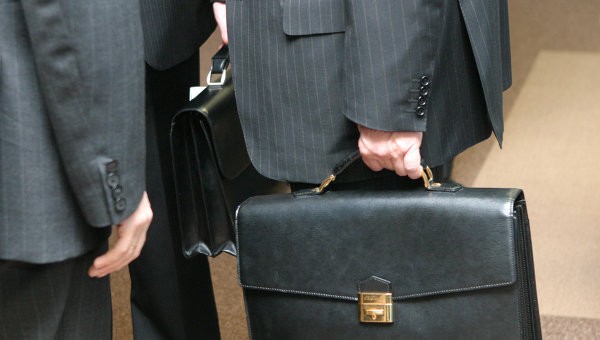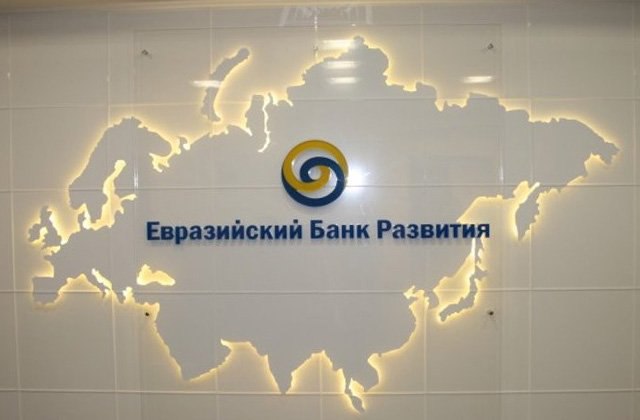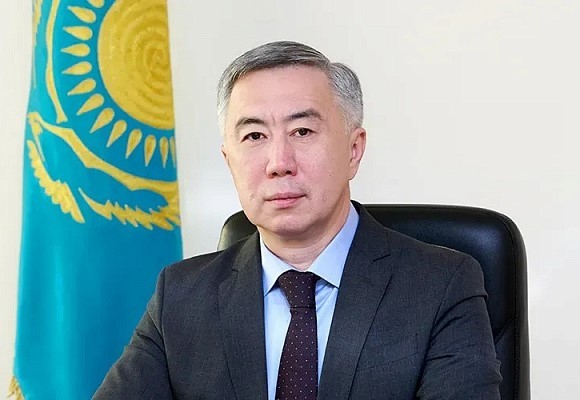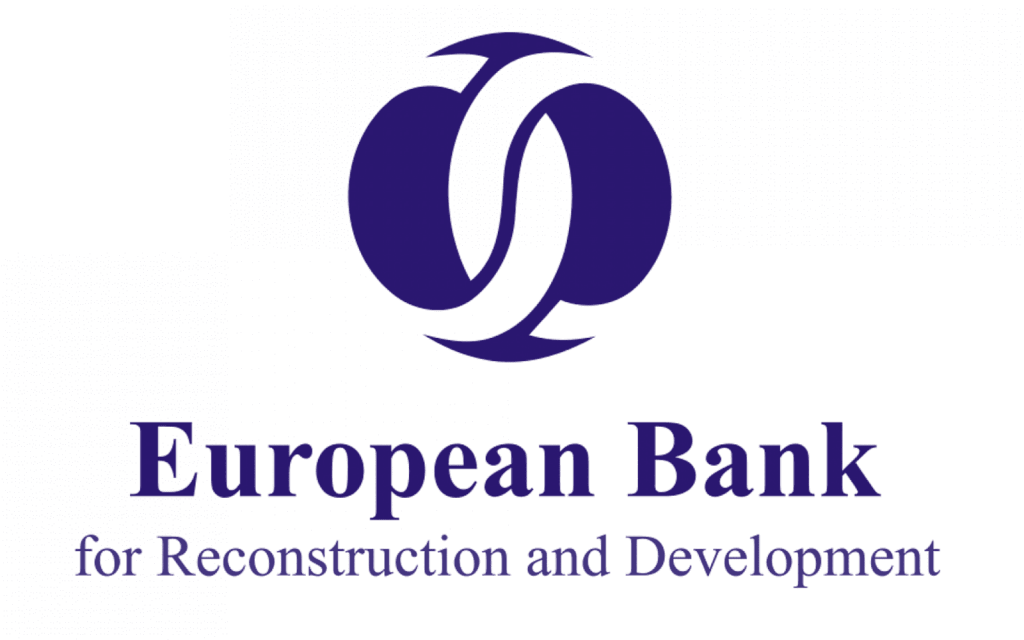BISHKEK (TCA) — Kyrgyzstan’s imperfect legislation does not help attract investment in the country and even scares investors away, said experts at the recent roundtable to discuss the investment climate in the country.
Kyrgyzstan is a parliamentary country, and if deputies do not put the bureaucratic chaos under control, the country cannot expect investments for a long time. The leadership of the country says that it is necessary to create a paradise for investors but does not create conditions for that. In reality crime coalesces with the police and together they intimidate businesses, the experts said.
Earlier, political instability was the main barrier to investment. After 2010, Kyrgyzstan has held peaceful presidential and parliamentary elections. The country has achieved political stability, but the country’s investment image abroad has not changed for the better.
Launching a business or implementation of investment projects is difficult due to complicated rules. To run a project, it is necessary to declare a tender and then bring it up for discussion. A business idea is an intellectual property, but in this case, a businessman has to disclose it to the broad public.
There are cases of intimidation of businesses and investors. First, high-ranking officials promise the most comfortable conditions for investors, as rapid licensing and full support and solving problems at all levels. Once money is invested, problems arise that can only be solved with bribes to certain officials.
The country has enough laws to protect investors but they do not work in practice. For example, to obtain the right to develop a deposit, investors should get in touch with officials from many state agencies, which creates a fertile soil for corruption.
To protect the rights of investors and investments, the roundtable participants proposed establishing an Economic Ombudsman to whom investors will be able to apply for protection.
Kyrgyz authorities have high expectations of foreign investors but they forget about domestic investors who “keep their money under the pillow,” said MP Sadik Sher-Niyaz. There is money in the country but many people are afraid to invest it or keep in banks.
According to a Kyrgyz entrepreneur, Ulan Adamaliev, the Government often changes its development vectors, and business people do not know where to invest money. The Government is currently engaged in patching up holes in the state budget and cannot say what will happen in a few years.
MPs present at the roundtable assured that the current parliament is ready to cooperate with business. Stability, clear rules, and protection of private property are the main factors for investors, MP said. They are planning to create a legislative framework for preferences for investors. The Parliament is ready to cooperate with business, the MPs concluded.
Kyrgyzstan’s main investors
According to the Investment Promotion Agency under the Ministry of Economy of Kyrgyzstan, the United Kingdom invested the largest amount in Kyrgyzstan in 2015 ($182.6 million), followed by Canada ($130.2 million), Russia ($116.5 million), Turkey ($41.6 million) and China ($26.3 million).
In 2015, the United Kingdom invested in exploration (94.4%), financial and processing sectors. Canada invested in exploration; China in professional, scientific and technical activities (44.1%), manufacturing (24.1%), and mining (16.1%); Russia in the energy sector (76.8%) and financial sector (11.8%); Turkey in construction (64.8%), trade (13.1%), processing industry (9.6%), and financial sector (8.8%).
Survey
Corruptibility of public officials hinders investment opportunities in Kyrgyzstan, a survey conducted by the International Business Council based in Kyrgyzstan shows. The survey involved 48 businesses, collectively representing approximately $48 million in investment within Kyrgyzstan. 27% are solely owned and funded within Kyrgyzstan, and 73% have foreign investment from the United Kingdom (22%), Russia (12%), Kazakhstan (10%), and the USA (7%).
The survey covered a wide range of industry sectors, including consulting and professional services, mining, retail and wholesale trade.
The key business factors that have a positive to outstanding effect upon future investment opportunities are the affordable cost of labor, strong demand for products and services locally, and telecommunications and internet facilities. The respondents also believe the cost of labor, access to information, the natural environment, and telecommunications and internet facilities are better in Kyrgyzstan compared to Central Asia in general.
After the revolution of 2010, businesses maintained their plans to increase their workforce, but in 2014 this positive sentiment evaporated, reflecting a significant loss of confidence in the economy as professionals minimize their short term costs (wages) and adopt a “wait and see” attitude, halting investment decisions in the interim, the IBC report says.
The survey reflects a slightly positive change as revenues are increasing with plans to increase the workforce; however a large gap still exists between revenues and workforce expectations.
Investors are hesitant towards increasing or decreasing their investment in Kyrgyzstan. While 32% of respondents increasing their investment by 1-25% and 7% increasing by 26-50%, 34% of respondents have made only consistent investments, 7% have decreased investments by 1-25%, and 5% have decreased investments by 26-50%.
The respondents’ plans for future investment are pessimistic, with 22% planning to increase investments by 1-25%, 31% remaining consistent, 10% planning to decrease investments by 1-25%, and 26% being unsure of future plans.
Overall, investors say that business conditions today tend to become slightly worse compared to six months ago, worsening particularly in terms of the availability of finance and overall investment climate.
According to the survey, the key factors crippling future business investment opportunities in Kyrgyzstan are the corruptibility of public officials and inspections by controlling agencies.









